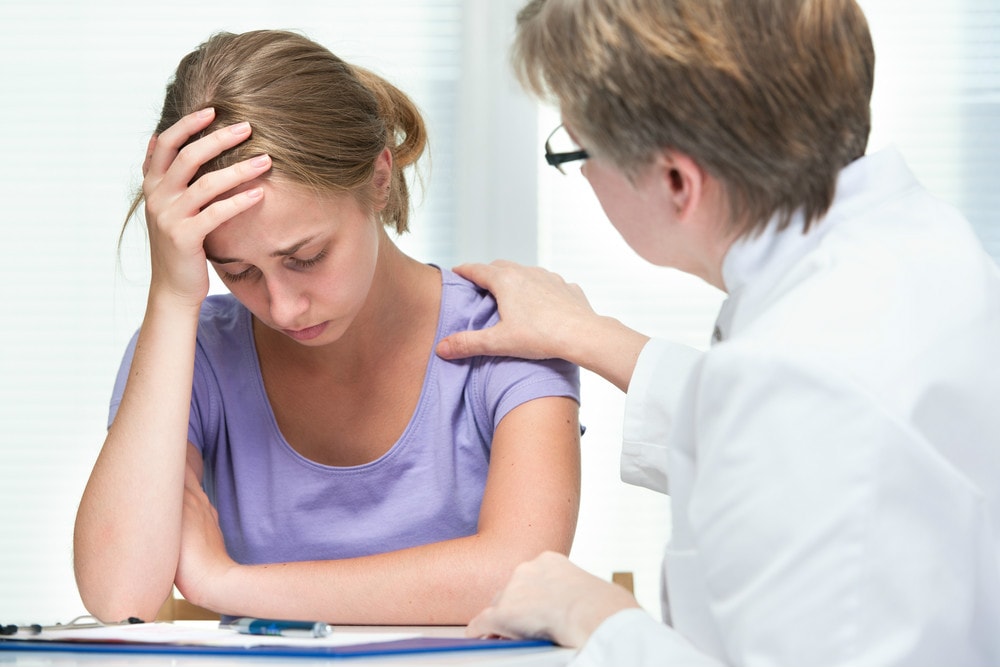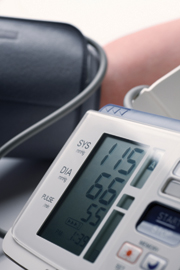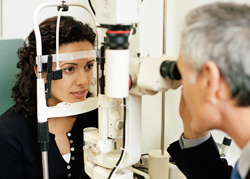Looking After Your Mental Health
Mental health is a state of wellbeing in which individuals realise their own potential, cope with normal stresses of life, work productively and fruitfully and make a contribution to their community.
Mental illness on the other hand, describes a number of diagnosable disorders that can significantly interfere with a person’s cognitive, emotional, or social abilities.
The annual cost of mental illness in Australia is estimated at $20 billion in lost productivity and reduced labour force participation.

World Mental Health Day occurs on 10 October every year. The aim of this day is to raise awareness of mental health issues around the world. The theme for this year’s World Mental Health Day is ‘mental health in the workplace’.
Poor mental health can have a large impact on individual employees as well as employers. A mentally healthy workplace increases personal and organisational resilience and success.
Mental Illness Affects Many Australians
- Each year approximately one in every five Australians will experience a mental illness.
- Mental illnesses are the third leading cause if disability burden in Australia, accounting for an estimated 27% of the total years lost due to disability.
- Prevalence of mental illness decreases with age but is greatest among 18-24 year olds.
- Women are more likely than men to seek help for anxiety disorders (18% compared with 11%) and mood disorders (7.1% compared with 5.3%). Women are also more likely to use services for mental health problems than men.
- In 2007, 45% of Australian aged 16-85 years old reported that they would have met the criteria for a diagnosis of a mental disorder at some point in their life.
- In any 12 months, approximately 14% of Australians will be affected by an anxiety disorder.
- The annual cost of mental illness in Australia has been estimated at $20 billion, which is the cost of lost productivity and reduced labour force participation.
Mental Health in the Workplace
Mental health in the workplace is important. Poor mental health has a large impact on individual employees as well as employers. A mentally healthy workplace increases personal and organisational resilience and success.
Signs of Mental Health Strain

Be aware of some common signs that may suggest someone at work is struggling with their mental health:
- Emotional signs, such as being irritable, sensitive to criticism, showing lack of confidence that is not normal, or losing their sense of humour.
- Changes in work performance, such as making more mistakes than usual, having difficulty making decisions or being unable to concentrate.
- Behavioural changes, such as arriving late, not having lunch breaks, taking time off, not joining in conversations, unable to meet deadlines, or behaving in a way that is out of character.
- Physical signs, such as having an ongoing cold, being tired at work, rapid weight loss or gain, or not making an effort with their appearance.
If you are concerned about someone that you work with, ask if they are okay, and encourage them to seek support. Heads Up, developed by the Mentally Healthy Workplace Alliance and Beyond Blue, has resources and information to help you support work colleagues.
At Fresh Therapeutics, we have a range of FREE resources produced by Beyond Blue as well as the Pharmaceutical Society of Australia’s Self Care Fact Cards on topics such as Depression, Anxiety, Post Traumatic Stress disorders, Sleep Problems, and Relaxation Techniques. Our pharmacists can sit down with you and discuss medicines (including natural medicines) and how they may or may not affect your mental health.




 Everyone has blood pressure. It is the pressure of blood against the walls of your blood vessels (or arteries) as the heart pumps blood around your body. Your blood pressure will increase and decrease depending on what you are doing. When you are exercising, nervous or stressed your blood pressure will increase and it will decrease when you are sitting or sleeping. High blood pressure is when your blood pressure is persistently higher than normal even at resting state (also known as hypertension).
Everyone has blood pressure. It is the pressure of blood against the walls of your blood vessels (or arteries) as the heart pumps blood around your body. Your blood pressure will increase and decrease depending on what you are doing. When you are exercising, nervous or stressed your blood pressure will increase and it will decrease when you are sitting or sleeping. High blood pressure is when your blood pressure is persistently higher than normal even at resting state (also known as hypertension). Incontinence describes any accidental or involuntary loss of urine from the bladder (urinary incontinence) or bowel motion, faeces or wind from the bowel (faecal or bowel incontinence). It may cause distress as well as being a hygiene problem. However,
Incontinence describes any accidental or involuntary loss of urine from the bladder (urinary incontinence) or bowel motion, faeces or wind from the bowel (faecal or bowel incontinence). It may cause distress as well as being a hygiene problem. However, 

 Glaucoma is an eye disease that can cause vision loss and is potentially blinding. It runs in families. If someone in your family has glaucoma, you are up to 10 times more likely to develop glaucoma. You probably have never noticed or even thought about glaucoma, as it is rarely discussed. In Australia, approximately 300,000 people have glaucoma. However, about half of these people don’t even know they have it. Generally, there is no pain associated with glaucoma, and the loss of sight is gradual. Peripheral vision (side vision) is usually affected first, and many people don’t even notice it’s gone.
Glaucoma is an eye disease that can cause vision loss and is potentially blinding. It runs in families. If someone in your family has glaucoma, you are up to 10 times more likely to develop glaucoma. You probably have never noticed or even thought about glaucoma, as it is rarely discussed. In Australia, approximately 300,000 people have glaucoma. However, about half of these people don’t even know they have it. Generally, there is no pain associated with glaucoma, and the loss of sight is gradual. Peripheral vision (side vision) is usually affected first, and many people don’t even notice it’s gone.